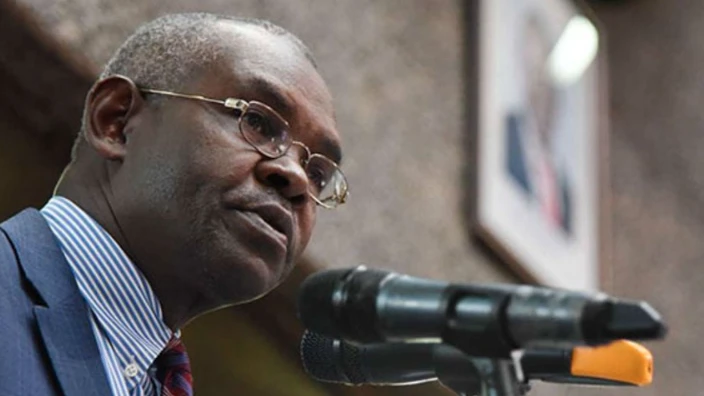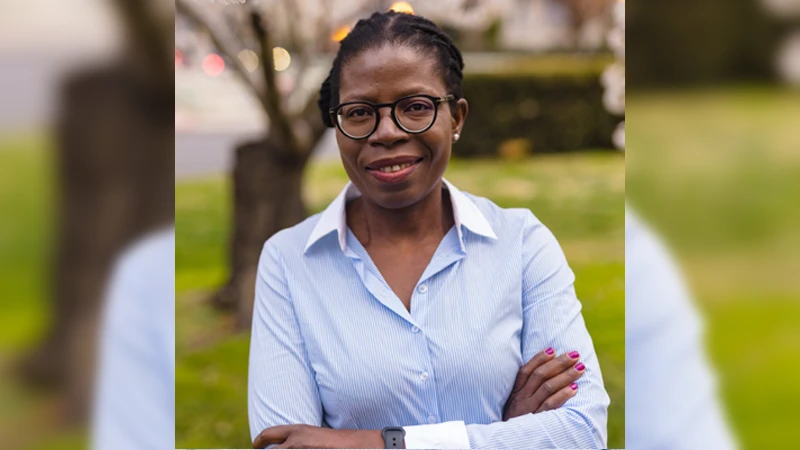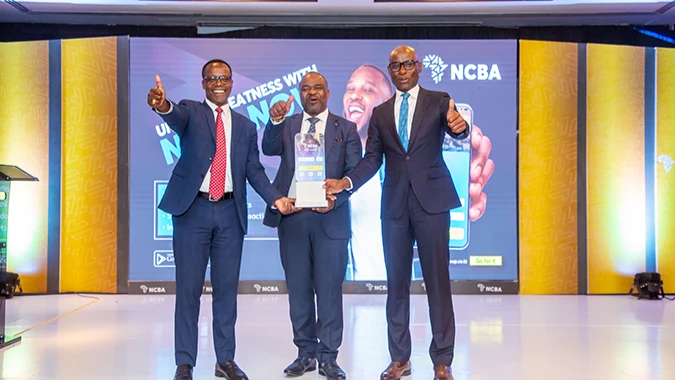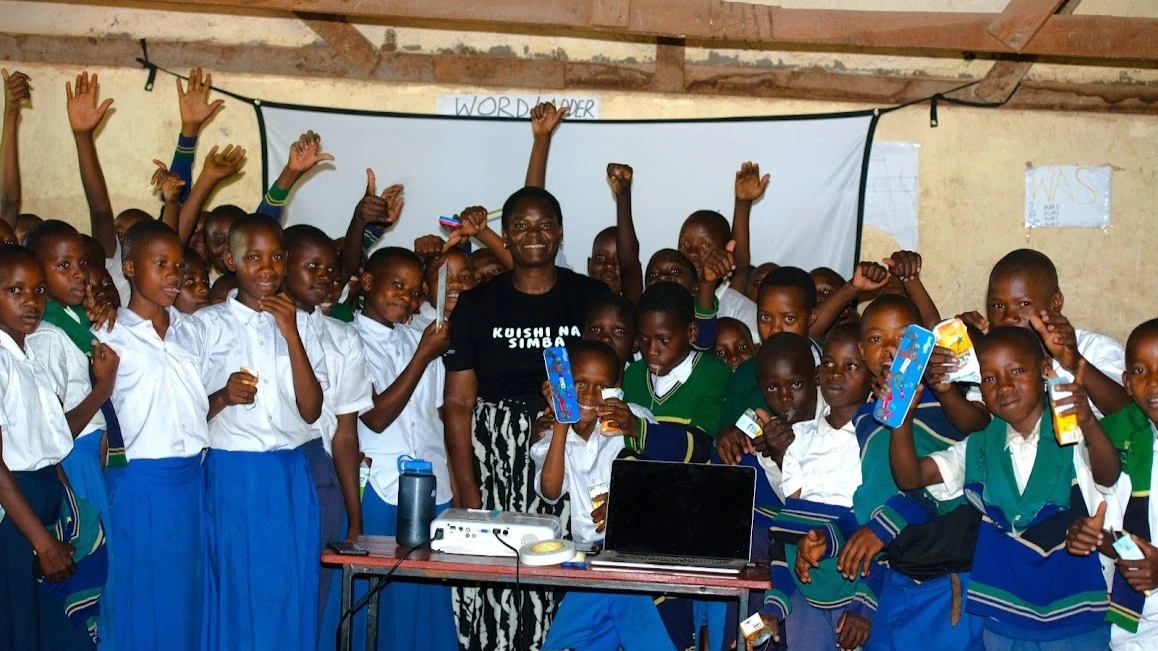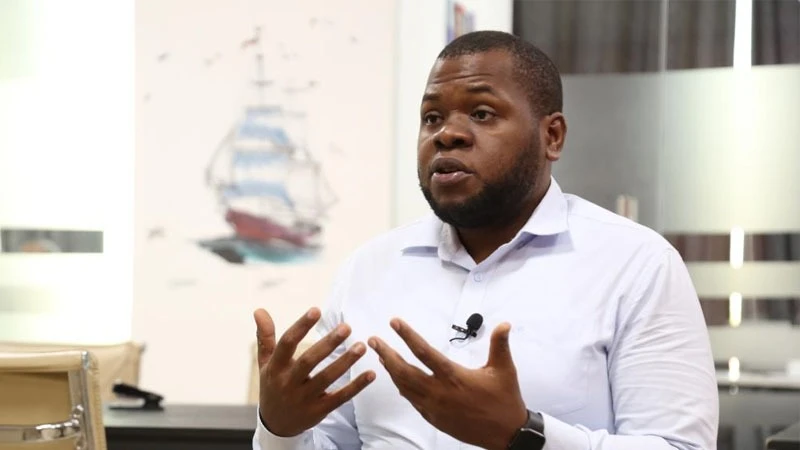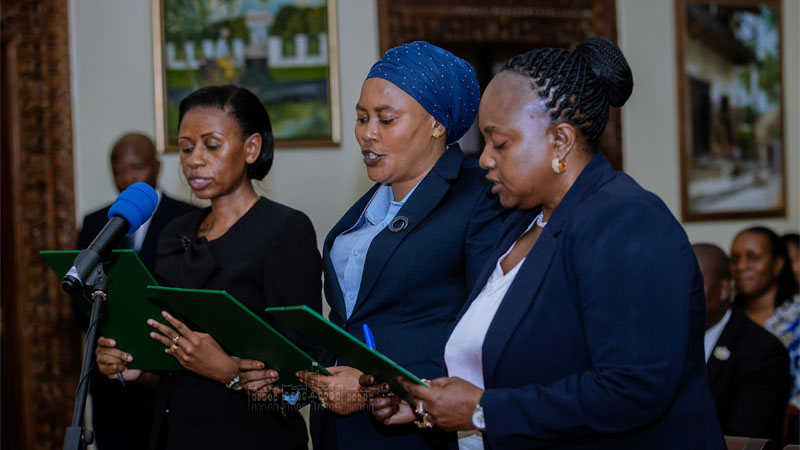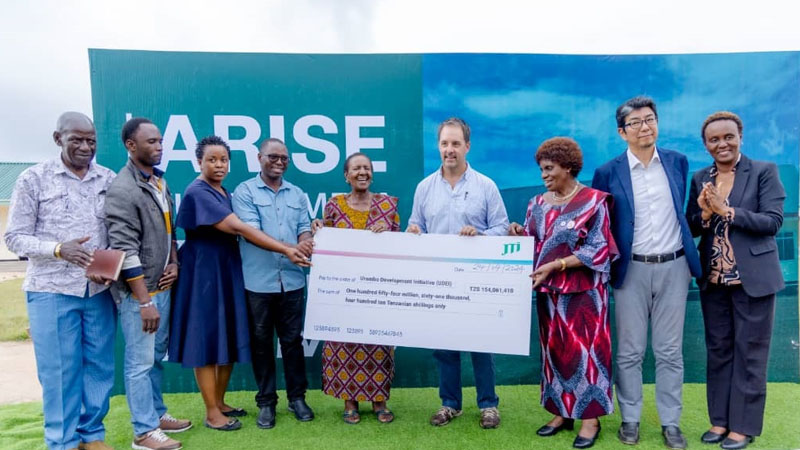Women entrepreneurs' digital registration hurdle for loans
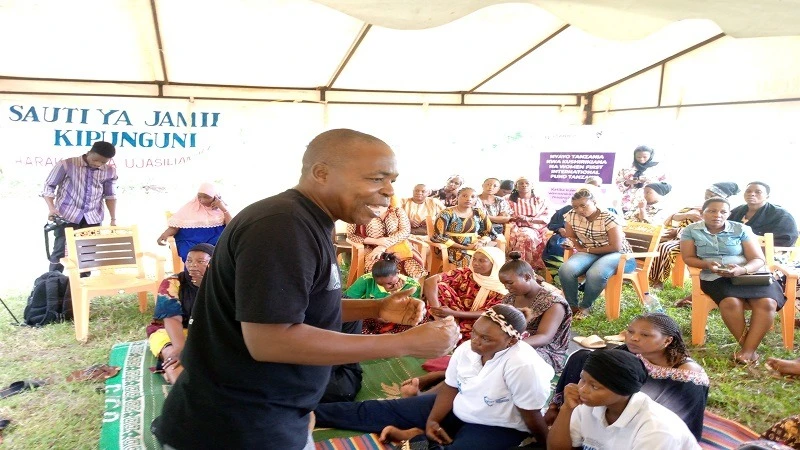
SOME entrepreneurs, particularly women, may encounter obstacles in accessing the 10 percent local government loans due to the digital registration process, which appears daunting to many, especially those in rural areas who are not familiar with online registration procedures.
The assumption is based on the observation that a significant number of women in rural areas rely on simple feature phones. This comparison underscores the potential challenges they could encounter in obtaining these loans.
The Kipunguni Community Center, along with Nyayo Tanzania, an NGO supporting women's economic empowerment, hosted a meeting to evaluate women's grasp of the new loan process and encourage financial self-sufficiency among them.
During the event, Adelina Mluge, the Director of Solidarity for Women and Children with Disabilities (SOWOCHIDI), expressed concern about the new procedure, stating: "It is likely that the beneficiaries of these loans will be individuals in the elite class, while the intended recipients may be left behind."
She further defended her stance saying: "Why do I say this? The instructions require online registration, but how will rural women access these loans? We are being instructed to register online, but how many rural women actually have smartphones?
Adelina further noted that, despite some women having smartphones, they may not possess the necessary skills to fully utilize them. This lack of digital proficiency could potentially result in numerous women being excluded from accessing these loans simply because they are unable to complete the registration process.
Entrepreneur Zaidan Kindamba echoed similar sentiments, expressing her lack of knowledge about the new procedure for obtaining loans. She mentioned that this was the first time she had come across this information during the meeting.
"There is a need for an awareness campaign to help us gain a better understanding of the online registration process. Otherwise, accessing the loans may prove challenging, particularly for those of us who may lack digital proficiency," Zaidan explained.
Lucy Mbwale, Chairperson of the Economic Empowerment Forum for Women in Ilala District, encouraged the entrepreneurs to seek help from their local community development officer for guidance on the registration process.
“While it is important to have the necessary knowledge to comprehend this system, you can seek assistance from the community development officer to guide you through each step of the online loan application process,” Lucy advised that entrepreneurs.
After the discussions, the entrepreneurs proposed that they should first receive training on how to access loans online, enabling their peers with smartphones to effectively oversee the entire online registration process when needed.
In response to these suggestions, Seleman Biashagazi, the Director of the Kipinguni Community Center, assured that his center, in collaboration with Nyayo Tanzania, would provide the desired training to the entrepreneurs.
"Recognizing that many of you may have difficulty with online registration, we are committed to offering training support to ensure a smooth loan application process," stated Bishagazi.
The Dar es Salaam City Council has allocated 11bn/- for women, youth, and people with disabilities who are unable to obtain loans from financial institutions due to a lack of collateral. The money would be utilized in Ilala district.
Furthermore, there have been concerns regarding the involvement of banks in managing the loans, as there is fear that this approach may exclude numerous small entrepreneurs who are hesitant about financial institutions.
Top Headlines
© 2024 IPPMEDIA.COM. ALL RIGHTS RESERVED


